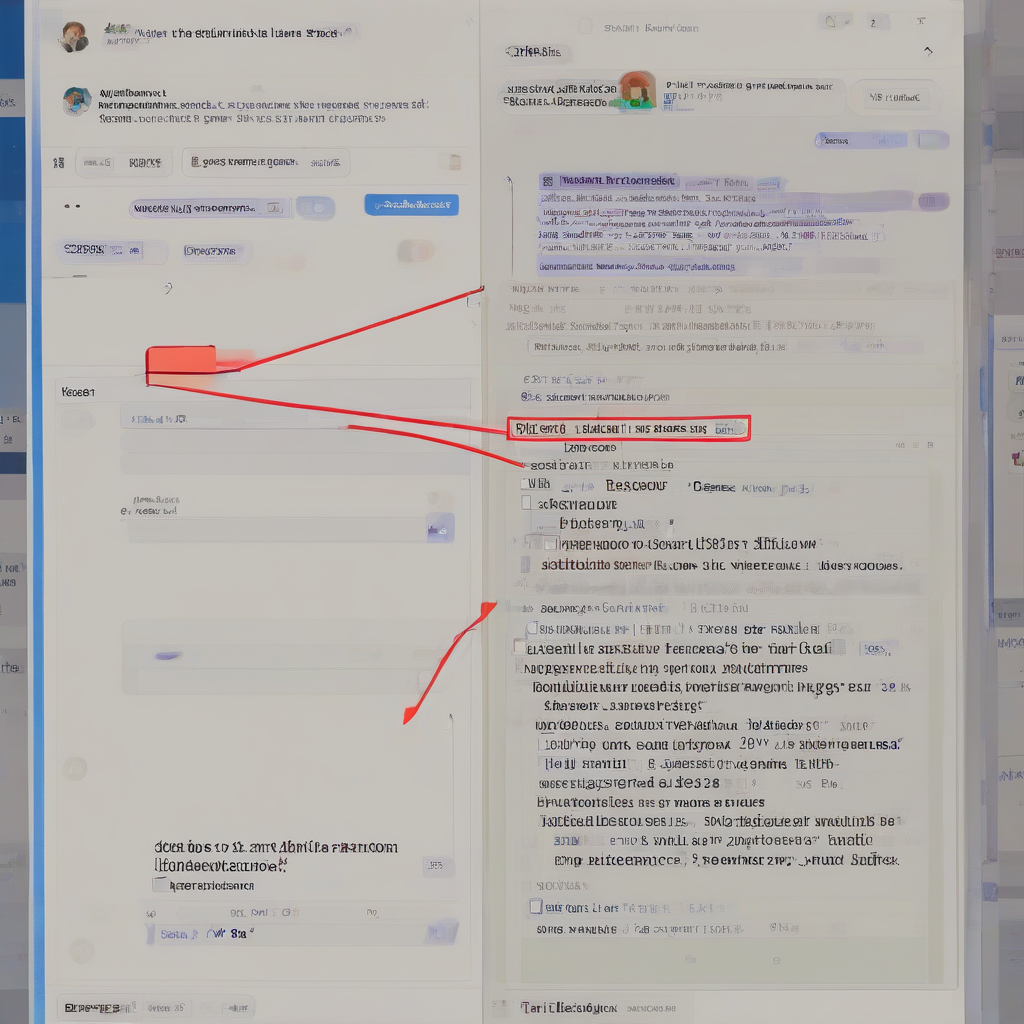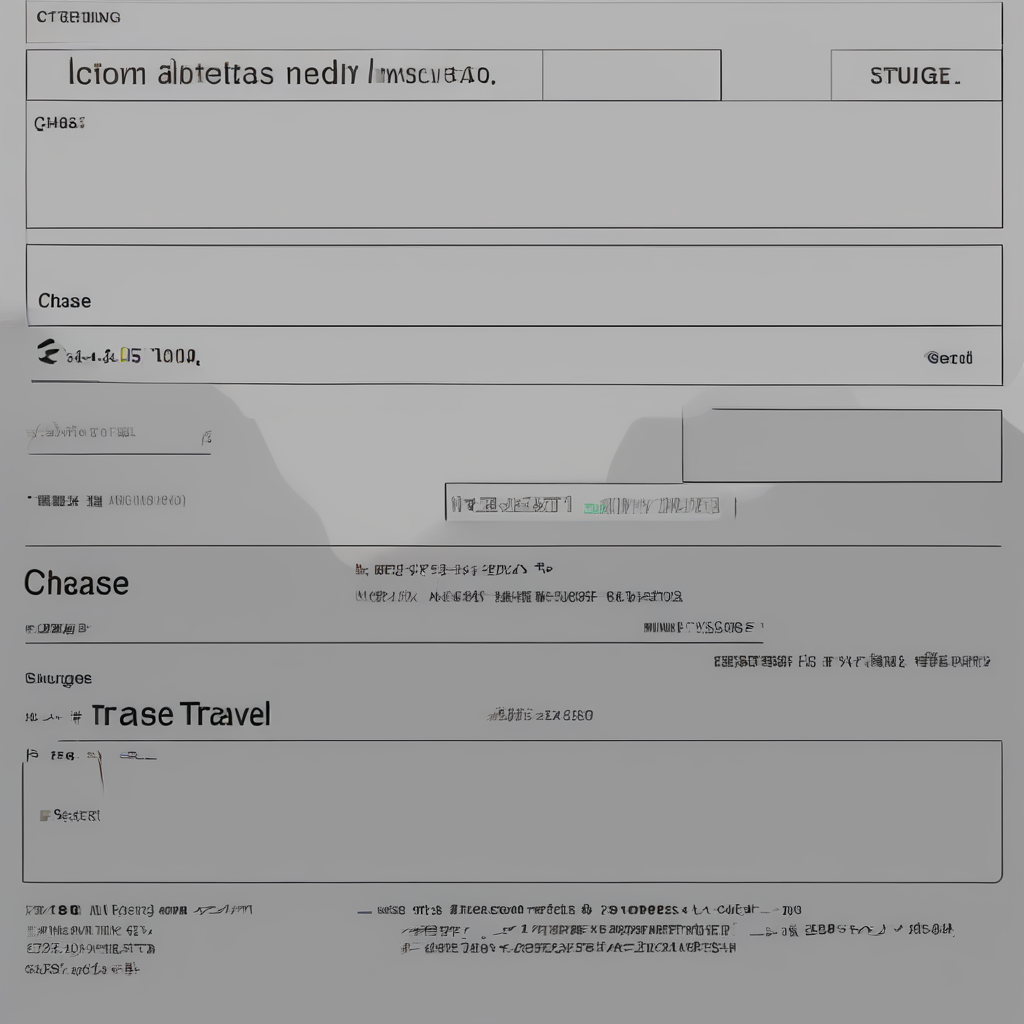Top ERP Software Solutions: A Comprehensive Guide for Businesses

Top ERP Software Solutions: A Comprehensive Guide for Businesses
In today's dynamic business landscape, efficient resource management and seamless operations are paramount. Enterprise Resource Planning (ERP) software plays a pivotal role in empowering organizations to achieve these goals. By integrating various business processes, ERP solutions streamline workflows, enhance visibility, and foster data-driven decision-making.
Choosing the right ERP software is a crucial decision that can significantly impact your business's success. With numerous options available, it can be overwhelming to navigate the complexities of the market. This comprehensive guide aims to provide a clear overview of the top ERP software solutions, highlighting their strengths, features, and target audiences.
Key Considerations for Choosing ERP Software
Before diving into the specific solutions, let's explore some key factors to consider when evaluating ERP software:
- Industry Focus: Some ERP systems cater to specific industries, offering specialized features and functionalities tailored to their unique requirements. For example, manufacturing ERP software might include robust production planning tools, while retail ERP solutions focus on inventory management and point-of-sale integration.
- Business Size: ERP software is available in various tiers, ranging from solutions designed for small businesses to enterprise-grade platforms that can accommodate large-scale operations. Selecting an ERP solution that aligns with your business's current size and growth trajectory is essential.
- Budget: ERP software comes with varying price tags, depending on features, deployment models, and support services. It's crucial to determine your budget constraints and evaluate solutions within your financial range.
- Integration Capabilities: Modern ERP systems should integrate seamlessly with other business applications, such as CRM, accounting, and e-commerce platforms. This interoperability ensures data flow and eliminates silos, enabling holistic business insights.
- Implementation & Support: The implementation and support process can significantly impact the success of an ERP system. Consider factors such as the vendor's experience, implementation methodology, and ongoing support options.
Top ERP Software Solutions
Now, let's delve into some of the leading ERP software solutions available in the market:
1. SAP
SAP is a global leader in ERP software, providing comprehensive solutions for various industries and business sizes. Its flagship product, SAP S/4HANA, is a cloud-based platform known for its advanced analytics, real-time insights, and intelligent automation capabilities. SAP offers a wide range of modules catering to specific business functions, including finance, supply chain management, human capital management, and customer relationship management.
- Key Features:
- Integrated financial management
- Advanced supply chain planning and execution
- Human capital management solutions
- Real-time analytics and reporting
- Predictive maintenance and asset management
- Target Audience: Large enterprises across various industries
- Pros:
- Comprehensive functionalities
- Strong industry expertise
- Extensive global support network
- Advanced analytics and automation
- Cons:
- High implementation costs
- Complex configuration and customization
- Can be overwhelming for small businesses
2. Oracle
Oracle is another industry giant in the ERP space, offering a suite of solutions designed to meet the needs of businesses of all sizes. Oracle ERP Cloud is a comprehensive platform that combines cloud-based technology with advanced analytics and automation capabilities. It provides modules for finance, supply chain, human resources, and customer experience management.
- Key Features:
- Financial consolidation and reporting
- Supply chain optimization and visibility
- Talent management and workforce planning
- Customer relationship management and marketing automation
- Target Audience: Enterprises and mid-sized businesses across various sectors
- Pros:
- Robust functionalities and scalability
- Strong integration capabilities with other Oracle applications
- Comprehensive support and training resources
- Cons:
- Can be expensive, especially for larger deployments
- Requires significant technical expertise for implementation
3. Microsoft Dynamics 365
Microsoft Dynamics 365 is a cloud-based ERP platform that provides a comprehensive suite of solutions for small, medium, and large businesses. Its modular approach allows organizations to select and implement the functionalities that best suit their needs. Dynamics 365 integrates seamlessly with Microsoft Office 365, providing a familiar user interface and streamlined collaboration.
- Key Features:
- Financial management, including budgeting and forecasting
- Supply chain management, from procurement to distribution
- Human resources management, encompassing payroll and talent acquisition
- Customer relationship management, including sales and marketing automation
- Target Audience: Businesses of all sizes across various industries
- Pros:
- User-friendly interface and ease of use
- Flexible and scalable platform
- Seamless integration with Microsoft Office 365
- Cost-effective compared to other enterprise solutions
- Cons:
- Limited customization options compared to some competitors
- May not be suitable for highly complex business processes
4. NetSuite
NetSuite is a leading cloud-based ERP solution designed specifically for small and medium businesses. It offers a comprehensive suite of modules catering to finance, accounting, inventory management, order fulfillment, and customer relationship management. NetSuite's intuitive interface and mobile accessibility make it easy for businesses to manage their operations from anywhere.
- Key Features:
- Real-time financial reporting and analytics
- Inventory management and order fulfillment
- Customer relationship management and sales automation
- Mobile accessibility and cloud-based deployment
- Target Audience: Small and medium businesses across various industries
- Pros:
- Easy to use and implement
- Cloud-based deployment for accessibility and scalability
- Comprehensive set of features for small and medium businesses
- Affordable compared to enterprise-level ERP solutions
- Cons:
- Limited customization options for complex business needs
- May not be suitable for large enterprises with highly specialized requirements
5. Epicor
Epicor is a leading provider of ERP software solutions, specializing in manufacturing, distribution, and retail industries. Its ERP platform offers a comprehensive set of features, including financial management, supply chain management, manufacturing execution, and customer relationship management. Epicor focuses on delivering industry-specific functionalities to meet the unique needs of its target audience.
- Key Features:
- Manufacturing resource planning and execution
- Distribution and supply chain management
- Retail management and point-of-sale integration
- Financial management and reporting
- Target Audience: Manufacturing, distribution, and retail companies of all sizes
- Pros:
- Industry-specific functionalities and expertise
- Strong focus on operational efficiency and cost optimization
- Flexible deployment options, including on-premises and cloud
- Cons:
- May not be suitable for businesses outside its core industry focus
- Implementation complexity can vary depending on the chosen modules
6. Infor
Infor is a global provider of industry-specific ERP software solutions. It offers a broad range of products catering to various sectors, including manufacturing, distribution, retail, healthcare, and public sector. Infor focuses on delivering tailored solutions that address the unique challenges and requirements of specific industries. Its ERP platforms are designed to improve efficiency, reduce costs, and enhance customer satisfaction.
- Key Features:
- Industry-specific functionalities for diverse sectors
- Cloud-based and on-premises deployment options
- Focus on operational efficiency and cost reduction
- Advanced analytics and business intelligence capabilities
- Target Audience: Businesses of all sizes across various industries, with a focus on specific sectors
- Pros:
- Deep industry expertise and specialized solutions
- Flexible deployment options to meet different business needs
- Advanced analytics and reporting capabilities
- Cons:
- Implementation complexity can vary depending on the chosen industry module
- May require significant customization for some businesses
7. Acumatica
Acumatica is a cloud-based ERP solution designed for small and medium businesses. It provides a comprehensive suite of modules for finance, accounting, distribution, manufacturing, and project management. Acumatica's cloud-based architecture ensures accessibility, scalability, and ease of implementation. It also offers a robust API for integration with third-party applications.
- Key Features:
- Cloud-based ERP solution for accessibility and scalability
- Financial management, accounting, and reporting
- Distribution and manufacturing management
- Project management and resource allocation
- Strong integration capabilities with third-party applications
- Target Audience: Small and medium businesses across various industries
- Pros:
- Cloud-based deployment for easy access and scalability
- Comprehensive features for small and medium businesses
- Affordable pricing compared to enterprise solutions
- Robust API for integration with other applications
- Cons:
- Limited customization options for complex business requirements
- May not be suitable for large enterprises with highly specialized needs
8. Sage
Sage is a global leader in accounting and ERP software solutions, serving businesses of all sizes. Its ERP platform offers a range of products tailored to different industries and business requirements. Sage's solutions focus on providing simple and affordable ERP software that streamlines operations and enhances productivity.
- Key Features:
- Financial management and accounting
- Inventory and order management
- Customer relationship management and sales automation
- Payroll and human resources management
- Mobile accessibility and cloud-based deployment
- Target Audience: Businesses of all sizes across various industries
- Pros:
- User-friendly interface and easy to implement
- Affordable pricing and scalable solutions
- Comprehensive features for various business needs
- Strong global support network
- Cons:
- Limited customization options compared to some competitors
- May not be suitable for businesses with highly complex operations
9. Workday
Workday is a cloud-based ERP solution specializing in human capital management, financial management, and planning. It offers a comprehensive platform that integrates these key business functions, providing a unified view of employee data, financial performance, and operational insights. Workday's user-friendly interface and mobile accessibility make it easy for employees to access and manage their information.
- Key Features:
- Human capital management, including payroll, talent acquisition, and performance management
- Financial management, including budgeting, forecasting, and accounting
- Planning and analytics, providing insights into business performance
- Cloud-based deployment for accessibility and scalability
- Target Audience: Enterprises and mid-sized businesses seeking to enhance their human capital management and financial processes
- Pros:
- User-friendly interface and easy to use
- Focus on human capital management and financial performance
- Cloud-based deployment for scalability and accessibility
- Robust analytics and reporting capabilities
- Cons:
- Limited customization options compared to some competitors
- May not be suitable for businesses with highly complex operations
10. Intacct
Intacct is a cloud-based ERP solution designed for mid-market businesses. It offers a comprehensive suite of modules for financial management, accounting, inventory management, and project management. Intacct's platform is known for its flexibility and scalability, enabling businesses to adapt to changing needs and growth. It also integrates seamlessly with various third-party applications.
- Key Features:
- Cloud-based ERP solution for accessibility and scalability
- Financial management and accounting
- Inventory management and order fulfillment
- Project management and resource allocation
- Strong integration capabilities with third-party applications
- Target Audience: Mid-market businesses across various industries
- Pros:
- Cloud-based deployment for easy access and scalability
- Comprehensive features for mid-market businesses
- Flexible and customizable platform
- Robust API for integration with other applications
- Cons:
- May not be suitable for small businesses with limited IT resources
- Implementation complexity can vary depending on the chosen modules
Conclusion
Choosing the right ERP software is crucial for business success. The top ERP solutions outlined in this guide offer a range of functionalities and features to address diverse business needs. Consider factors such as industry focus, business size, budget, integration capabilities, and implementation support when making your selection. By carefully evaluating these factors, you can identify the ERP system that aligns with your business goals and empowers you to achieve operational excellence.
What's Your Reaction?

















